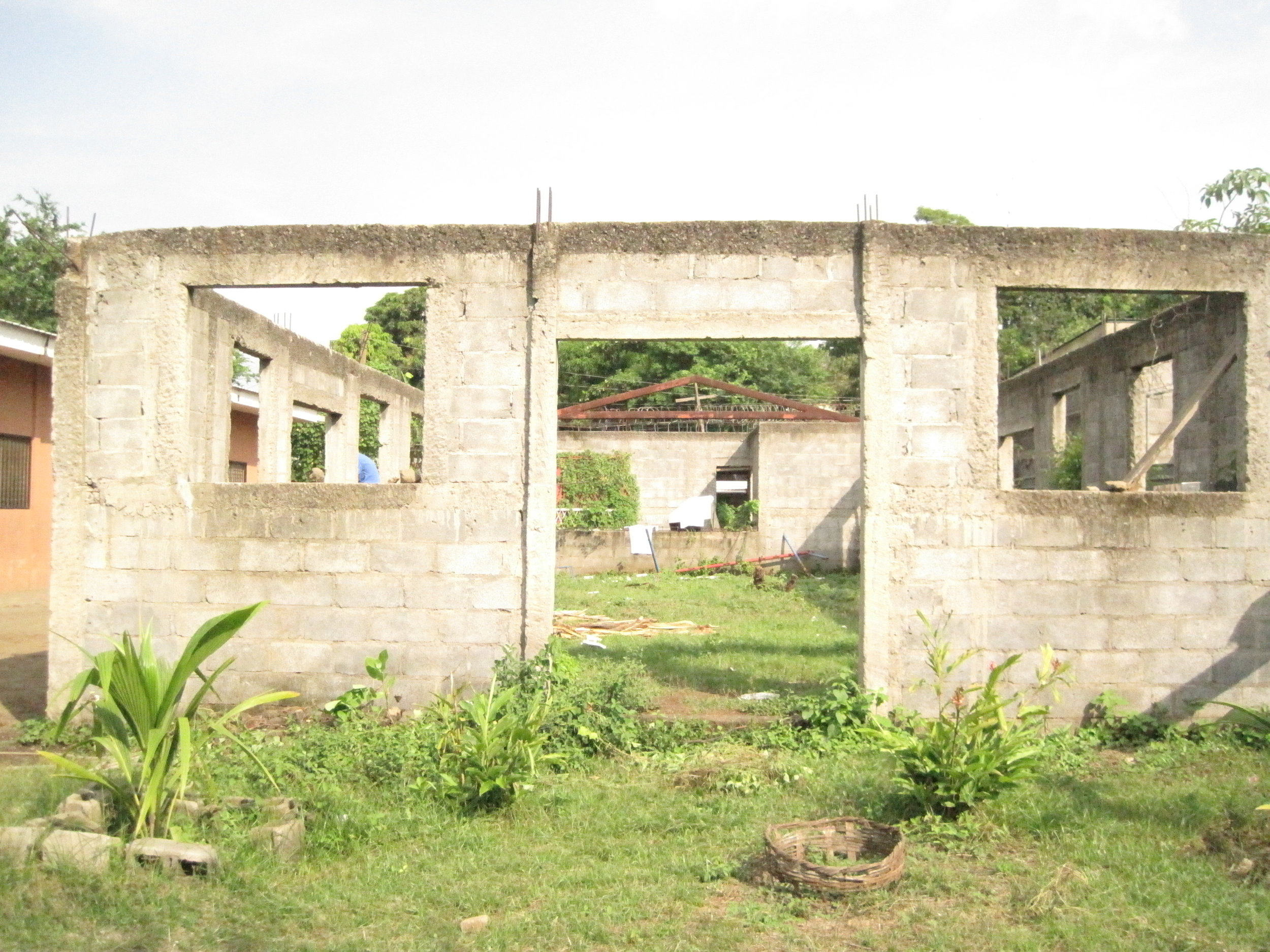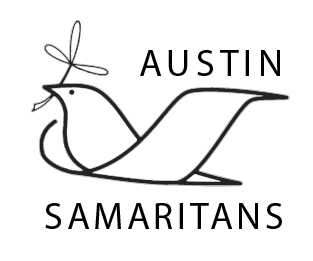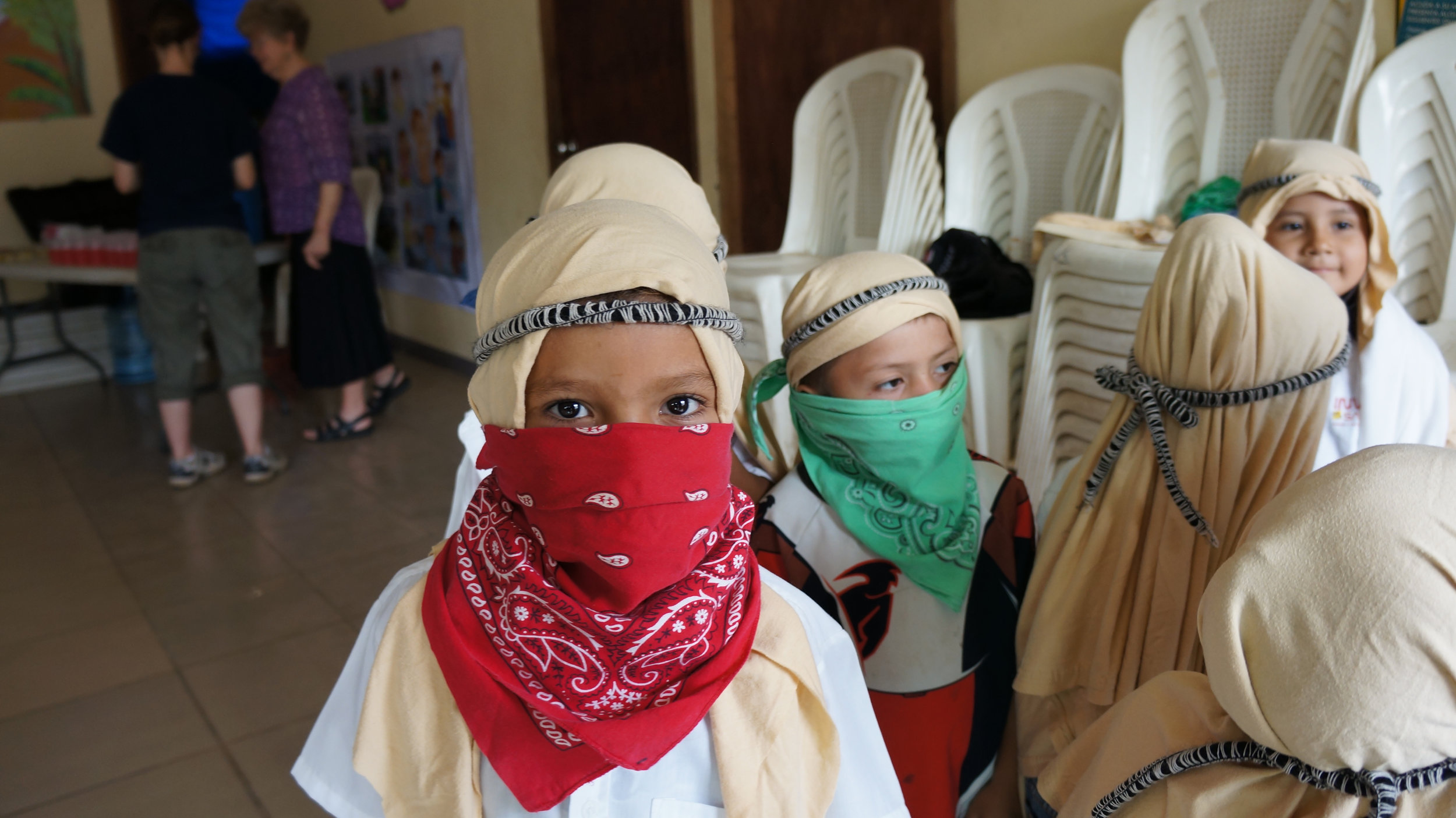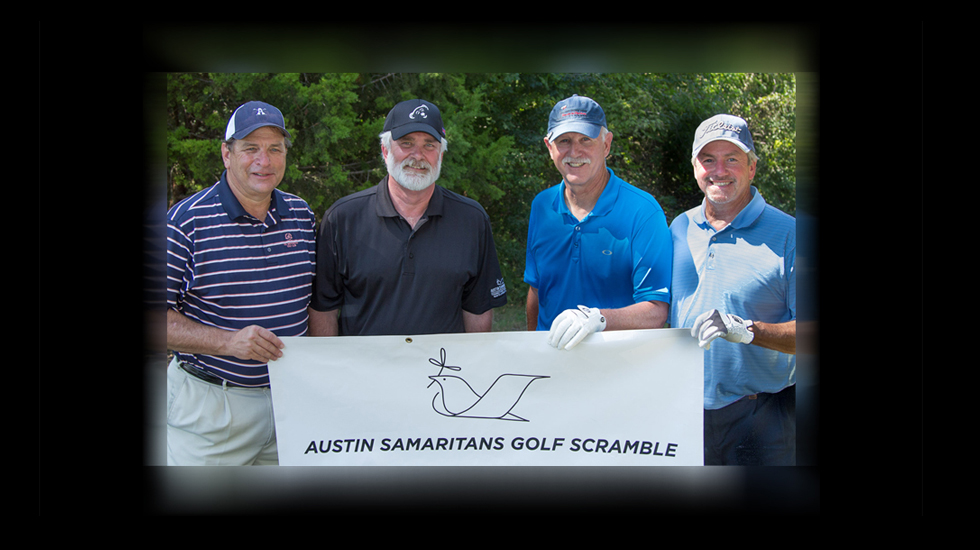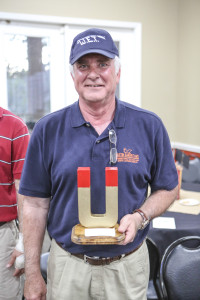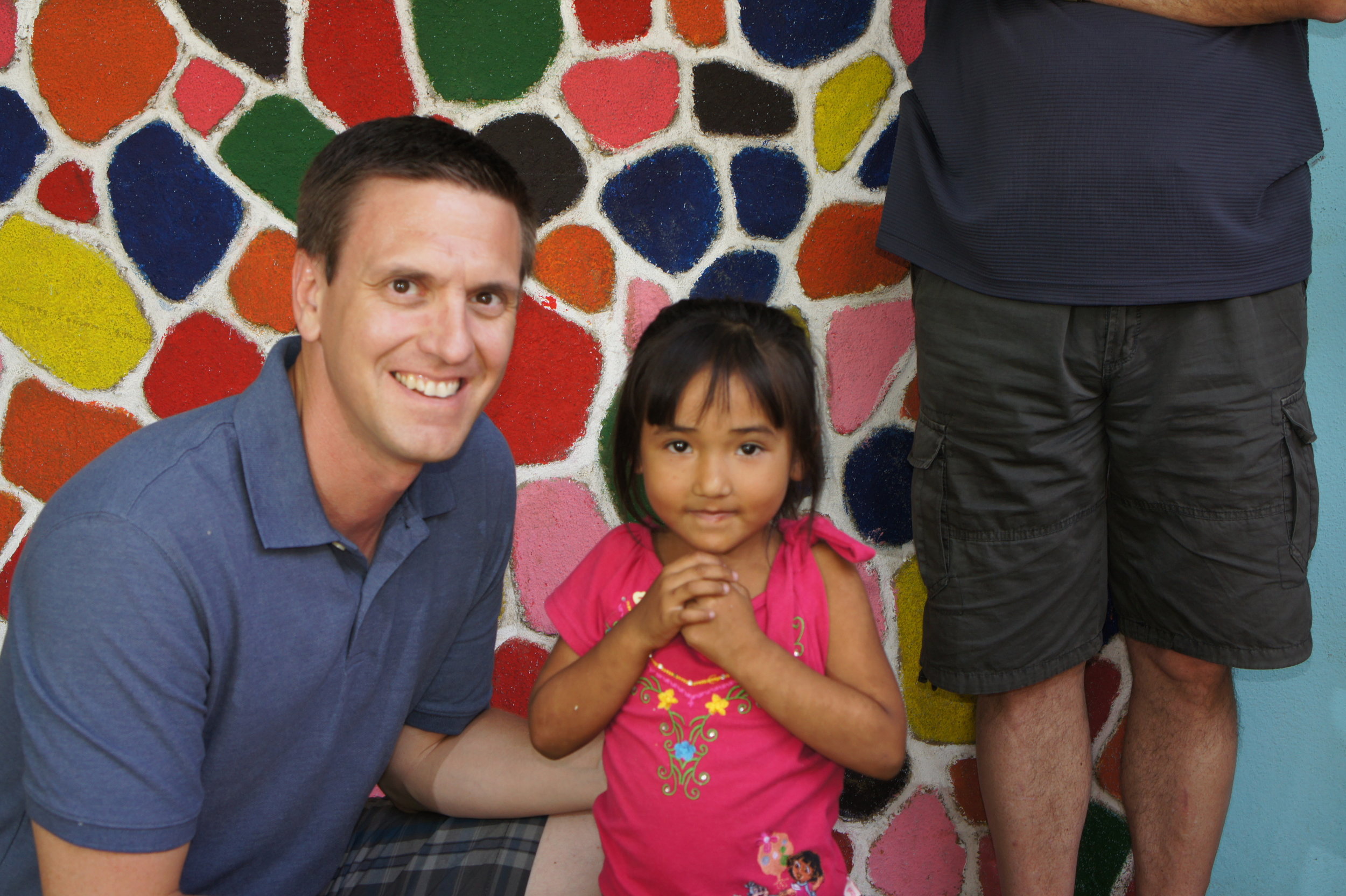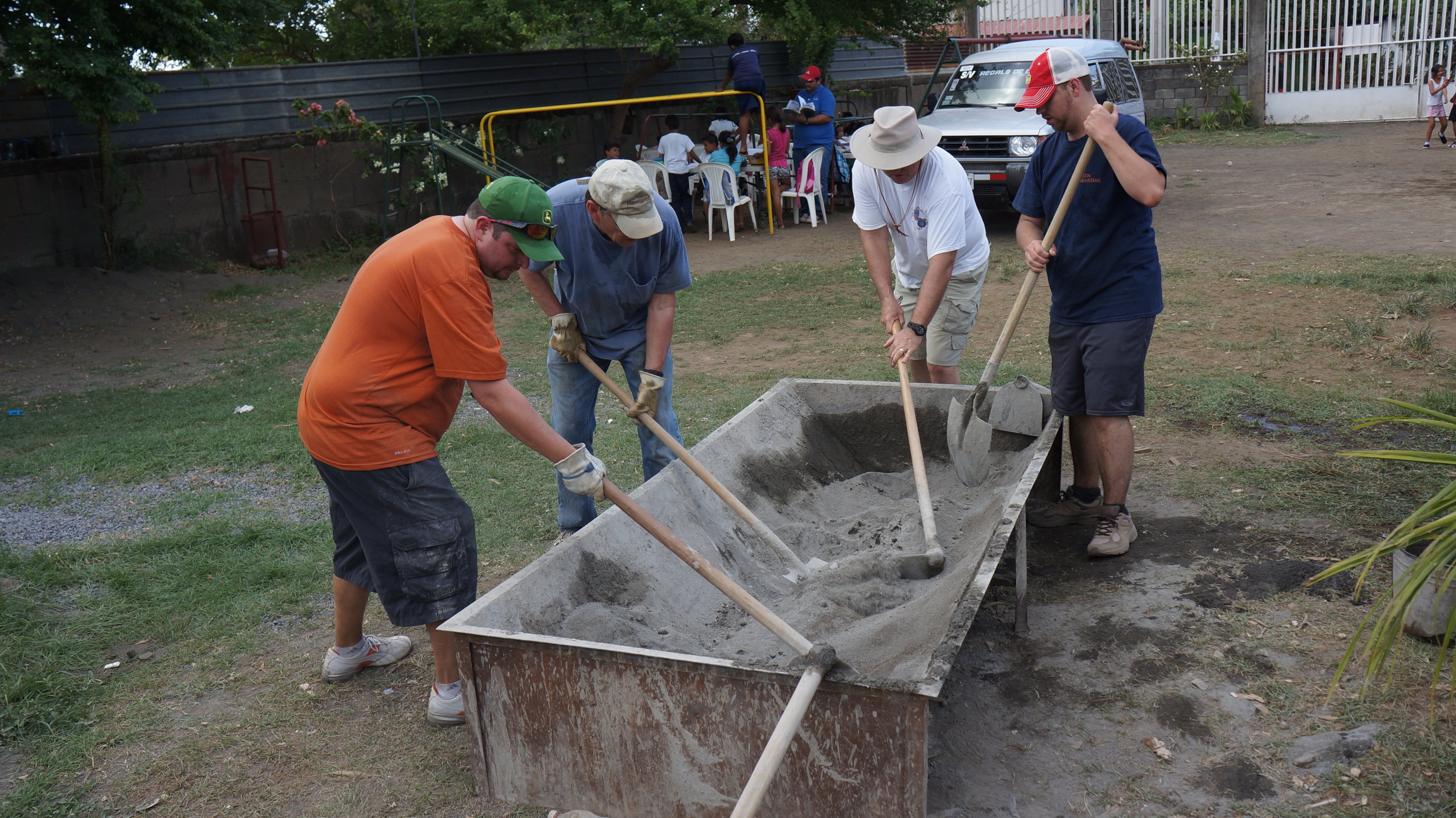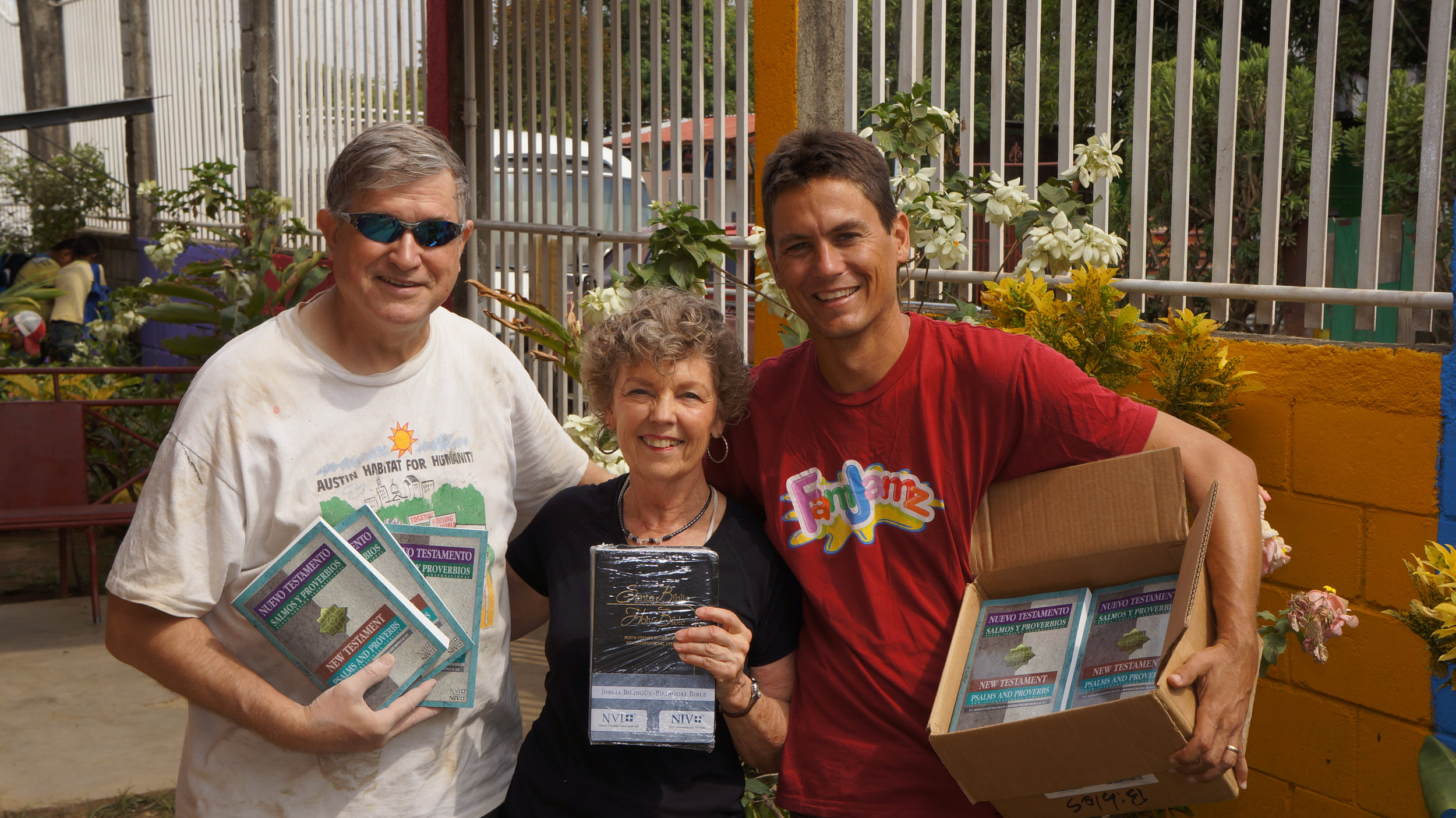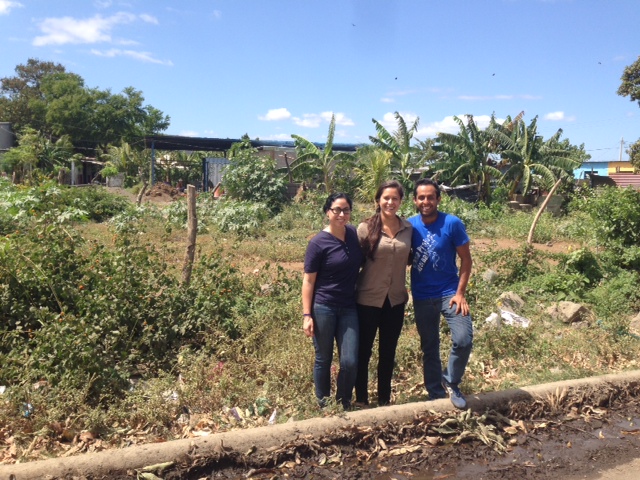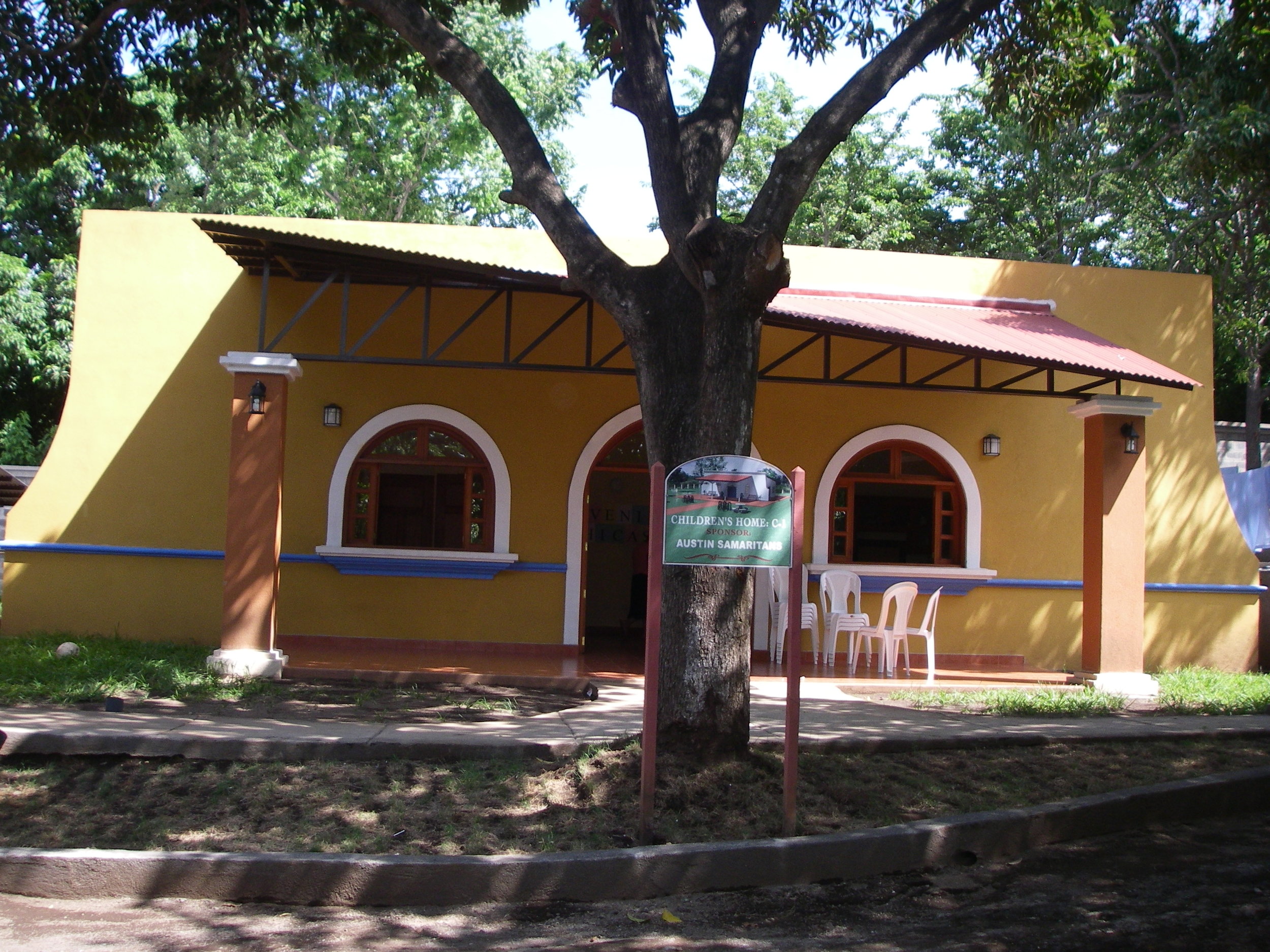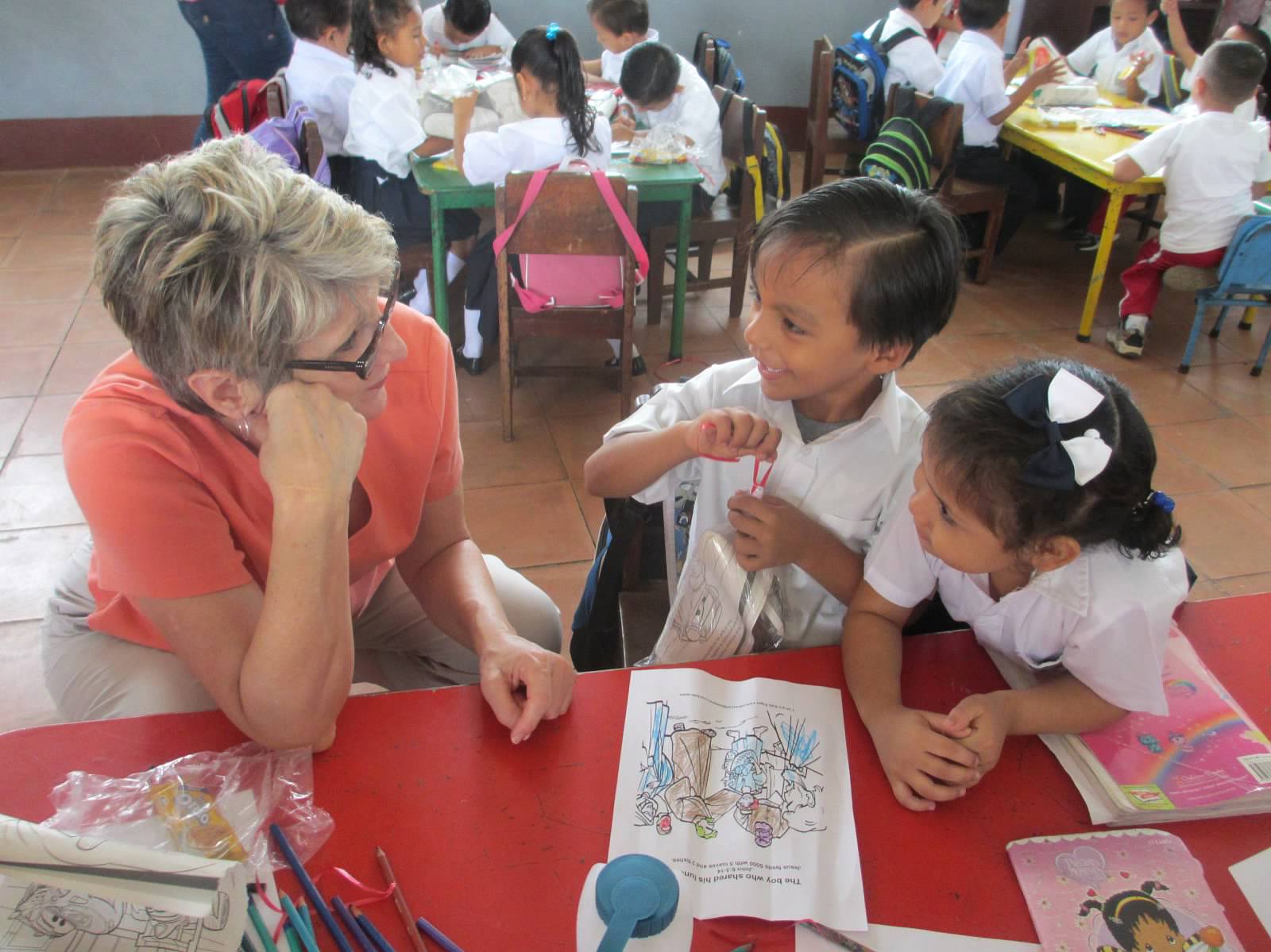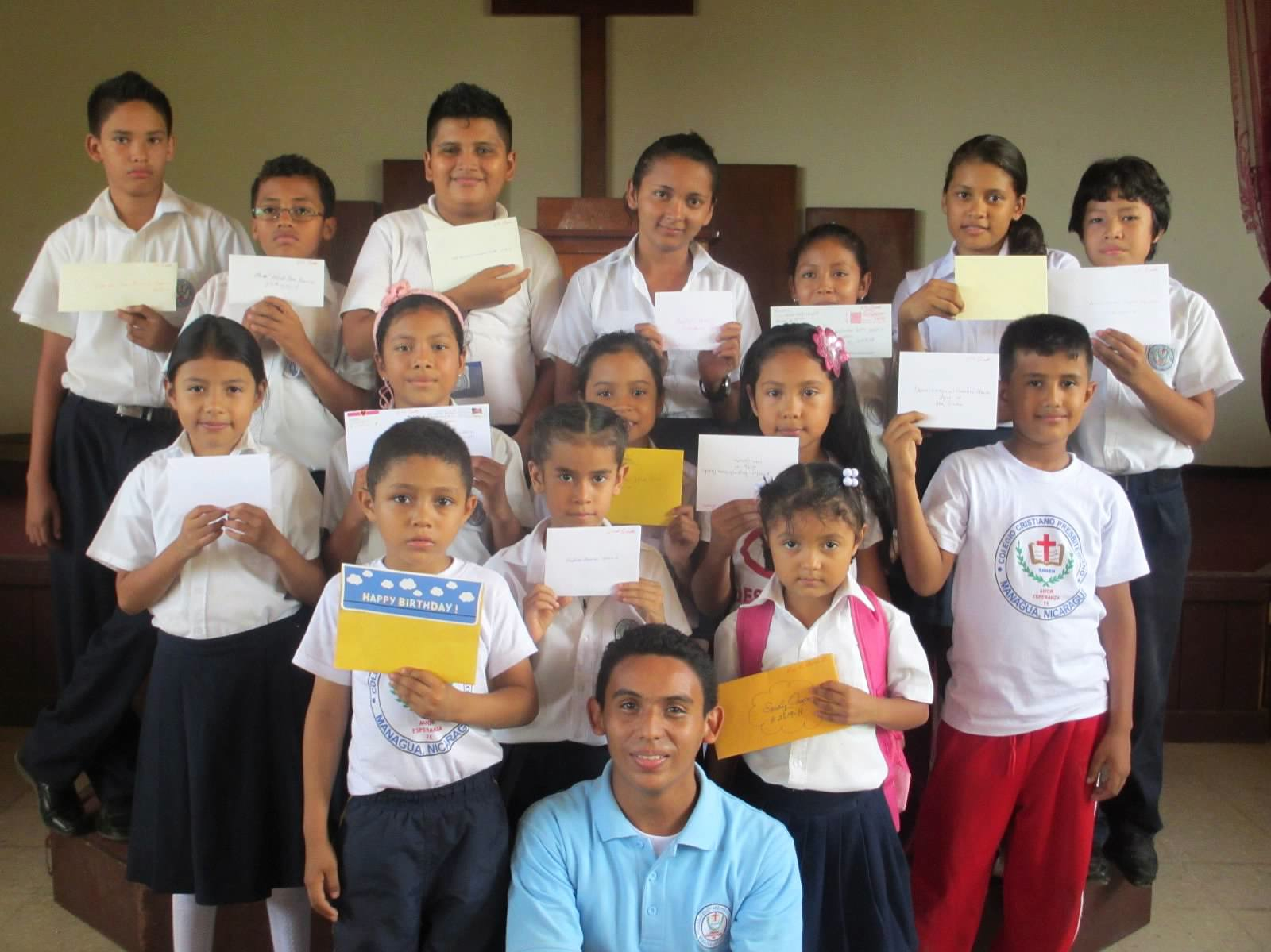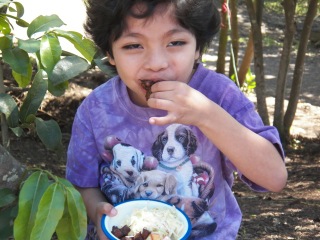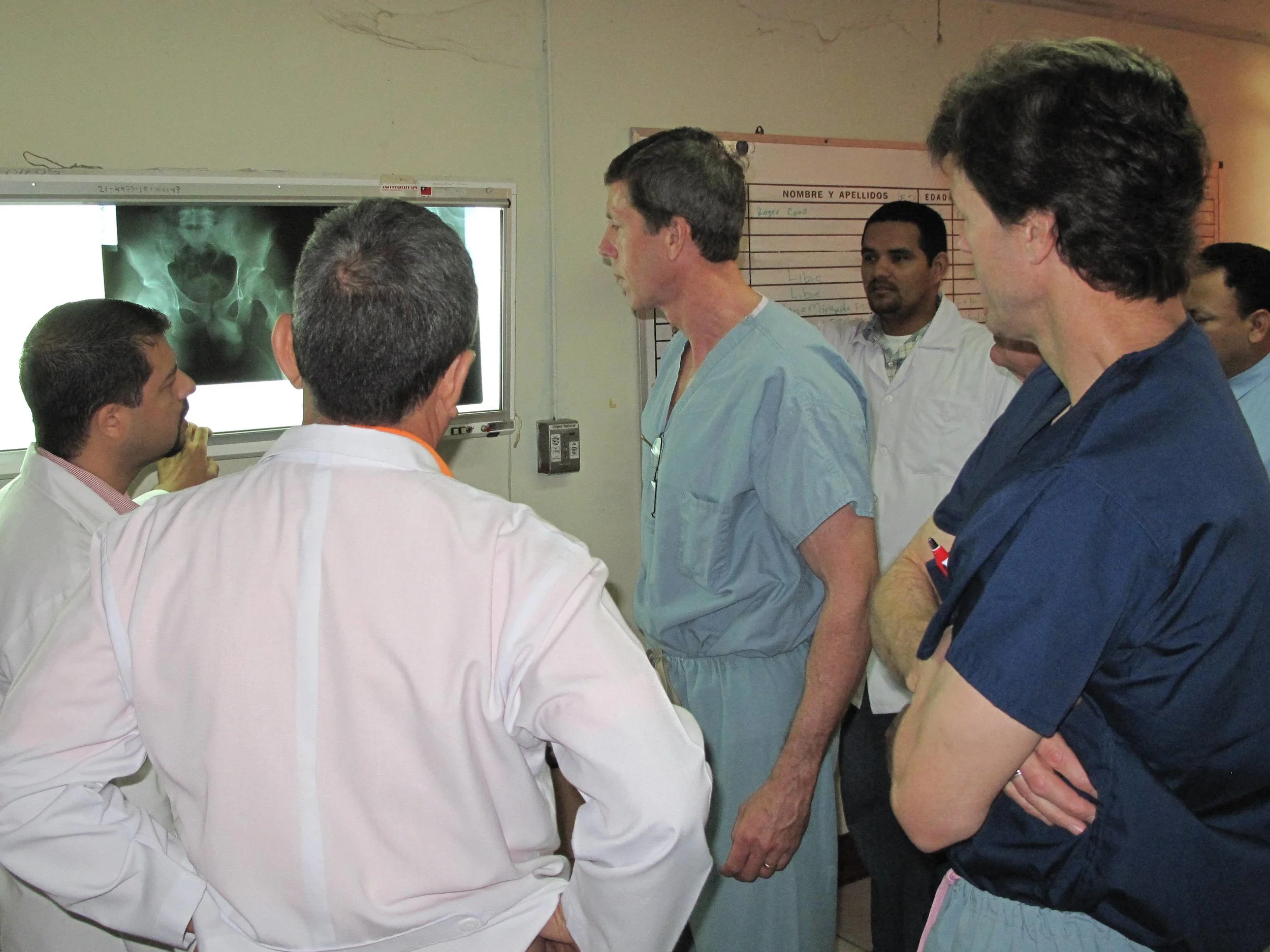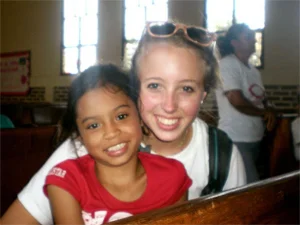Enrique can walk with more ease now.
He always had great difficulty walking. That was until Dr. J. Brannan Smoot, an Austin orthopedist, traveled to Nicaragua with an Austin Samaritans healthcare team to perform the reconstructive surgery that helped Enrique gain his balance.
Enrique, 18, has cerebral palsy, a neuromuscular disorder, which affected the tendons in his ankle and foot. Dr. Smoot, working side-by-side with his Nicaraguan colleagues, performed the surgery which transferred a tendon, fused two toes, and rebalanced Enrique’s ankle.
Dr. Smoot is part of an innovative healthcare program which teams medical and dental professionals from Austin and their counterparts in Managua, the capital of Nicaragua, to deliver medical services to those in need.
“Our program is based on a different model than the type many organizations use to deliver medical services in developing countries,” said Dr. Smoot. “Rather than sending doctors into another country to provide services independent of the medical professionals there, we collaborate with the doctors and nurses in Nicaragua.
“We learn from each other. We learn about the challenges they face so we can teach techniques to them.”
The collaborative healthcare program is one of the initiatives of Austin Samaritans, an Austin non-profit, that supports established missions that deliver services to people in Nicaragua in the areas of health, education, and social well-being.
“Nicaragua is the second poorest country in the Western Hemisphere with 76% of the population living on less than $2 US per day ,” said Dr. John Doty, Founder of Austin Samaritans. “Nicaraguans face immense challenges.”
According to the World Health Organization, the Nicaraguan government spends only $254 per capita per year for health care. That compares to health expenditures in the US of $7,960 per capita per year.
As a result, many Nicaraguans suffer from untreated or inadequately treated disease or early death.
After seeing the desperate poverty and needs in Nicaragua when they made a mission trip there, a group of Austin citizens dedicated themselves to finding sustainable ways to make a difference. They started Austin Samaritans in 2007 to support effective, on-the-ground ministries, churches, and non-governmental organizations in Managua.
Austin Samaritans works directly with Nicaraguan health care providers to understand the culture, context, and constraints of medical and dental practice. Shared goals are identified and steps are taken to provide financial, material, and educational support.
“Austin Samaritans endeavors to make a difference by coordinating efforts and pooling resources for maximum impact,” said Dr. Doty, who closed his successful medical oncology practice to devote full time to the organization.
“We connect assets and talent at home to the needs abroad.”
An example of how Austin Samaritans connects assets and talents is the trip Dr. Smoot, Dr. Ted Held, Dr. John Harkins, and Dr. Brad Parker, all of Austin, made to Managua last April.
“Because of a lack of medical equipment in Managua,” said Dr. Smoot, “doctors have to make do with what’s available. The equipment we take for granted here may not be available there.”
Dr. Harkins agreed.
“We Americans don’t know how good we have it,” he said. “The highest functioning hospital in Nicaragua may have three ventilators that help keep babies alive, but only two of the ventilators may work. Compare that with the main Seton Medical Center here in Austin that has 75 ventilators.
“In the US, a woman who has had a Caesarean section doesn’t particularly like to share a hospital room with another woman. In Nicaragua, there may be two post-surgical patients in a bed. And that bed is not in a room. It’s in a hallway.”
Dr. Harkins, whose specialty is obstetrics and gynecology, said another critical difference between healthcare in the US and Nicaragua is the lack of good medical training for doctors.
“Medical education is at minimal levels,” said Dr. Harkins, who lectured on medical techniques in Nicaraguan hospitals. “When we return to Managua this fall, we hope to gain access to the medical school so that we can help train the next generation of doctors.”
In addition to the doctors returning to Nicaragua, others from Austin who have a heart to help those in need will participate in a mission trip which is conducted by Austin Samaritans each October and April. Volunteers making the trip, most of whom are not medical or dental professionals, will assist the organizations Austin Samaritans supports in meaningful ways.
Austin Samaritans assists efforts in three major areas:
- Healthcare: supporting existing clinics in some of the poorest areas of Managua and connecting U.S. doctors, dentists, and other healthcare workers with their Nicaraguan counterparts for the purpose of sharing knowledge and expertise.
- Education: supporting two schools, student sponsorship, and a tutoring program for elementary students.
- Rescue: supporting programs that lift the most vulnerable members of society (malnourished children, young girls at risk of sexual exploitation, women desperate to leave the sex trade, and the homeless elderly) out of a cycle of sickness, poverty, and depravity.
One of the ways Austin Samaritans raises funds for its efforts is an annual golf tournament. This year’s tournament will be held Sept. 30 at the Forest Creek Golf Club in Round Rock. The shotgun start at 1:30 will be preceded by lunch. After the tournament, there will be a post-game celebration and prizes.
To register for the golf tournament or be a sponsor of it, go to www.helpaustinsam.com. Registrations for players are due by Sept. 21 and sponsors signups are due by Aug. 30.
All donations to Austin Samaritans, including the golf tournament registration fee, are tax-deductible to the extent allowable by law.
For information about Austin Samaritans, including participation in the Oct. 19–26 mission trip, go to www.austinsamaritans.org. Mission trip registrations are due by Sept. 21.
